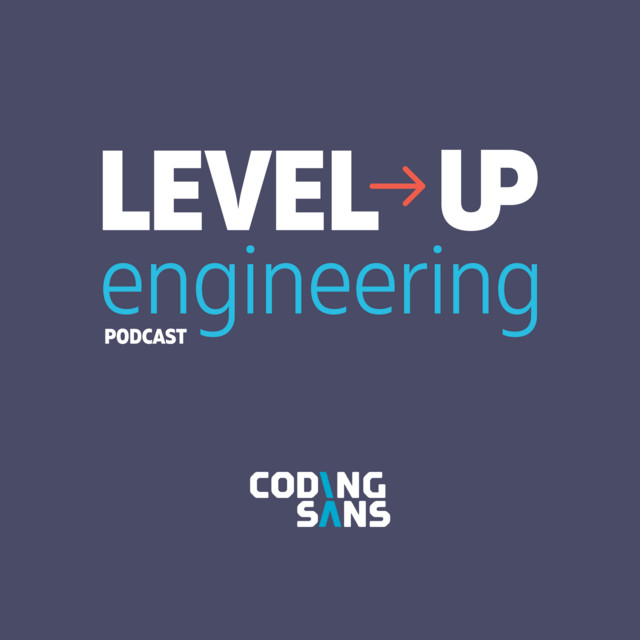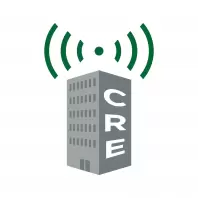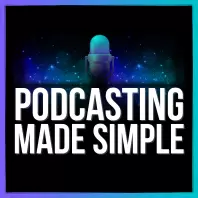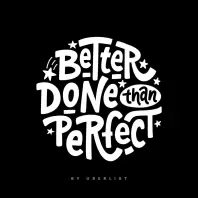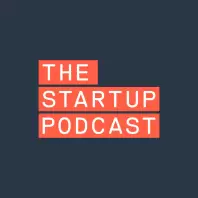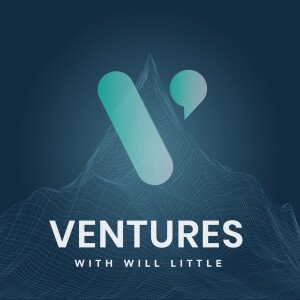Robert Hodges, CEO of Altinity, discusses various important aspects of open source software development. He talks about the decisions every company should make before embarking on an open source journey, the unresolved issues within the community, some interesting predictions about the future of OSS, and a lot more.
Sign up to the Level-up Engineering newsletter!
In this interview we're covering:
- Robert’s open source journey
- Early vs. current principles
- The benefits of open source
- Current trends in the open source community
- Open source concerns & advice
- Main challenges in the future of open source
Excerpt from the interview:
"Releasing your software openly and letting people do anything they want to do with it definitely scares some people. Maybe it’s less of an issue for developers who are just writing a piece of code - as an individual, if someone finds my work useful, I’m pretty happy about it. However, when businesses make their software open source, they might worry about others using it to build a competing product.
The problem is, open source software is typically licensed in a way that you can do anything you want with it. You can build a new business out of it, competing against the people who wrote the code in the first place. This can cause real tension, and it’s not fully resolved at this point within the community.
To grasp this issue from a philosophical standpoint, Cicero claims that there’s never a conflict between your own interests and doing the right thing. If you shape the problem the correct way, you can do the right thing, and that can also serve you at the same time."
